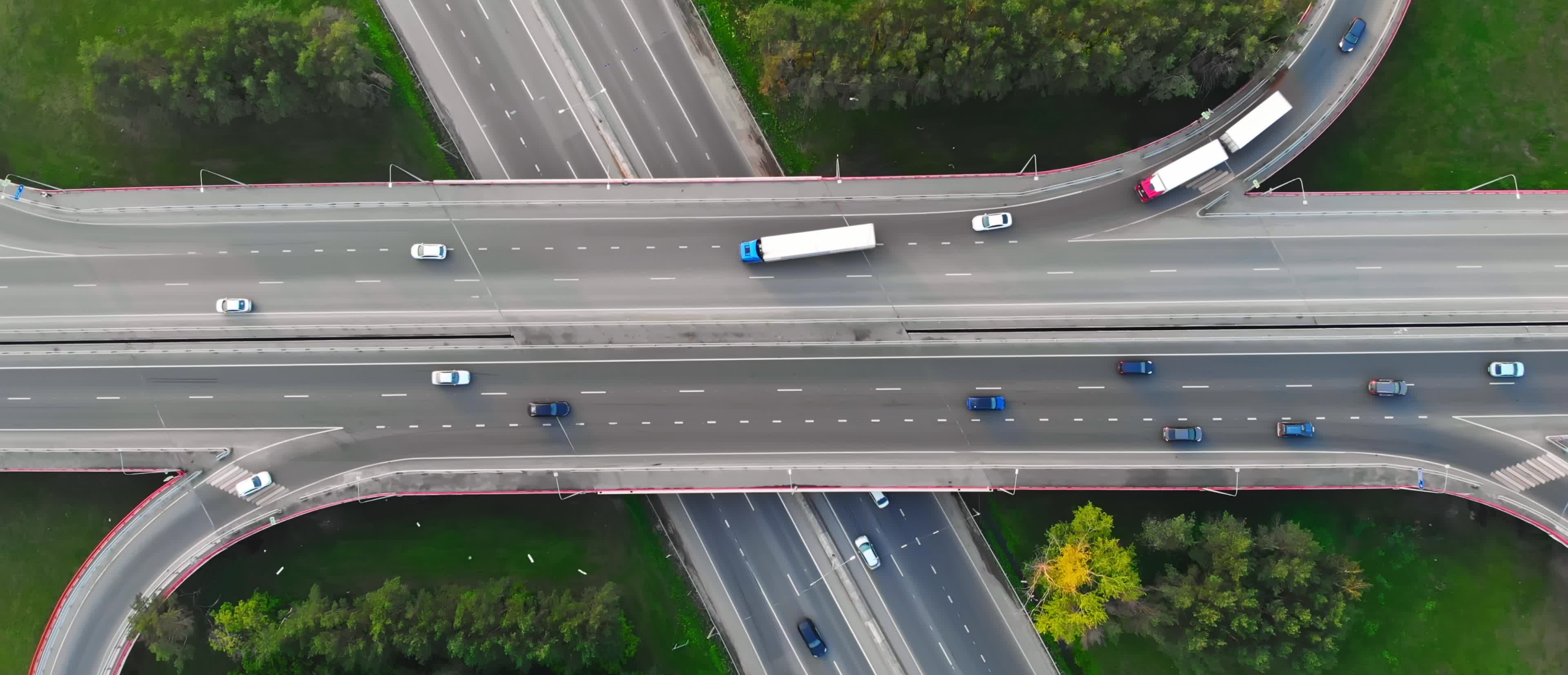
Promoting Resilient Operations for Transformative, Efficient, and Cost-Saving Transportation (PROTECT) Program
Grant Insights
(INFORMATION SUBJECT TO CHANGE PENDING FY2024 NOFO RELEASE)
The purpose of the Promoting Resilient Operations for Transformative, Efficient, and Cost-Saving Transportation (PROTECT) Program is to fund projects that address the climate crisis by improving the resilience of the surface transportation system, including highways, public transportation, ports, and intercity passenger rail, to be more resilient to natural hazards, including sea level rise, flooding, extreme weather events, and other natural disasters. Program funds are authorized through the Infrastructure Investment and Jobs Act (IIJA).
The agency intends to award projects that utilize innovative and collaborative approaches to risk reduction and resilience, including minimizing damage and disruption to the transportation system, improving the safety of the traveling public, and improving equity by addressing the needs of disadvantaged communities that are often the most vulnerable to hazards.
| Key Updates | U.S. Department of Transportation – Federal Highway Administration (FHWA) |
| Funding Opportunity |
Promoting Resilient Operations for Transformative, Efficient, and Cost-Saving
Transportation (PROTECT) Program – Pending FY24 Release |
| NOFO Release Date | TBD (FY22-23 NOFO was released 04/21/2023) |
| Application Due Date | TBD (FY22-23 Application was due 08/18/2023) via www.Grants.gov |
| # of Programs |
|
| Total Funding Available | TBD (FY22-23 Total was $848,000,000) |
| Award Minimum | TBD (FY22-23 minimum was $100,000 for Planning Grants; and $500,000 for both Resilience Grant categories, and At-Risk Coastal Infrastructure Grants) |
| Award Maximum | TBD (FY22-23 NOFO did not include maximum award amounts) |
| Recipient Cost-Share/Match Requirements: |
Planning Grants: 0% of the Total Project Cost |
| Summary |
|
| Eligible Applicants |
*At-Risk Coastal Infrastructure Applicants ONLY: applicant must be an eligible entity described above AND be in a State that is in, or bordering on, the Atlantic, Pacific, or Arctic Ocean, the Gulf of Mexico, Long Island Sound, or one or more of the Great Lakes. **Joint applicants should identify a lead applicant as the primary point of contact. The applicant responsible for financial administration of the project and the recipient of the grant award must be an eligible applicant. |
| Special Consideration |
Rural Set-Aside: at least 25% of the total grant funds are available for projects located in areas that are outside an urban area with a population over 200,000. |
| Notes | Eligible Facilities: (Planning or Resilience Grants)
A list of previously awarded FY22-23 PROTECT Discretionary Grant Program Projects can be found on the USDOT – FHWA website: Grant Recipients - Discretionary - PROTECT - Environment - FHWA (dot.gov) |
| Contact Information | Title: Agreement Officer Name: Robert Miller Agency: USDOT - FHWA Email/Phone: PROTECTdiscretionary@dot.gov (preferred); and (202) 366-9167 Title: Agreement Officer/Team Leader Name: Robin Hobbs Agency: USDOT - FHWA Email/Phone: PROTECTdiscretionary@dot.gov (preferred); and (202) 366-4004 |
